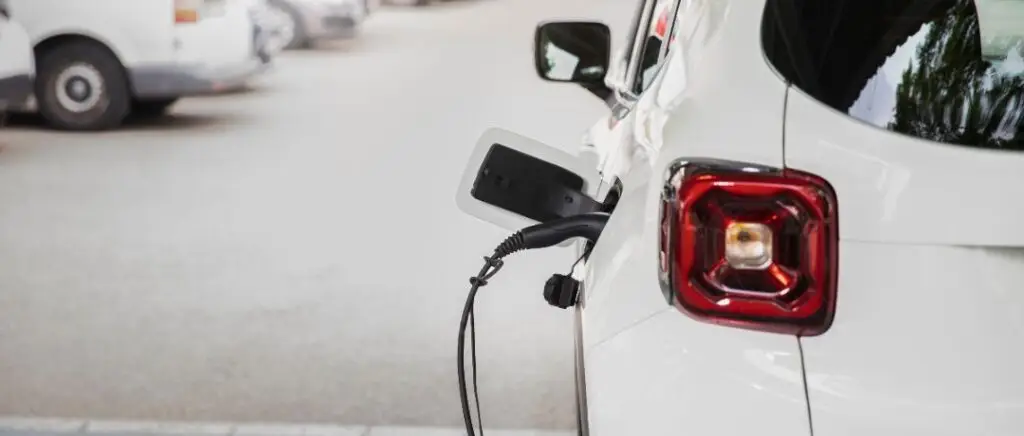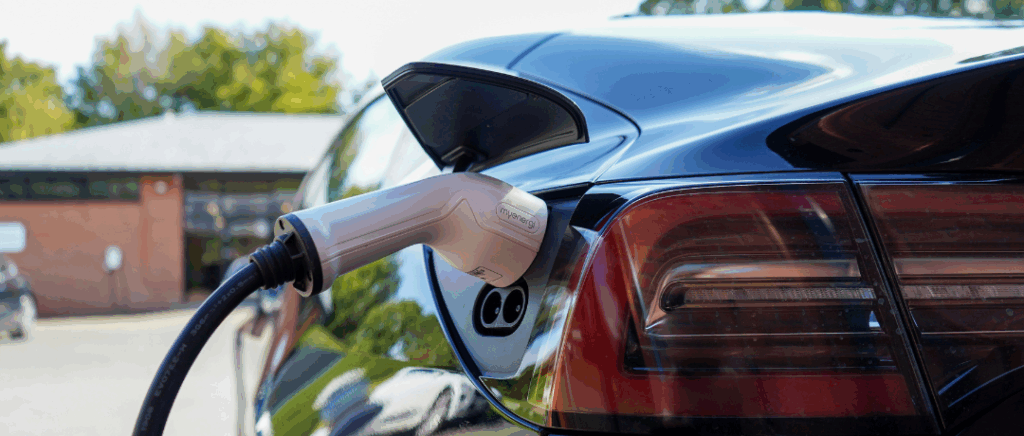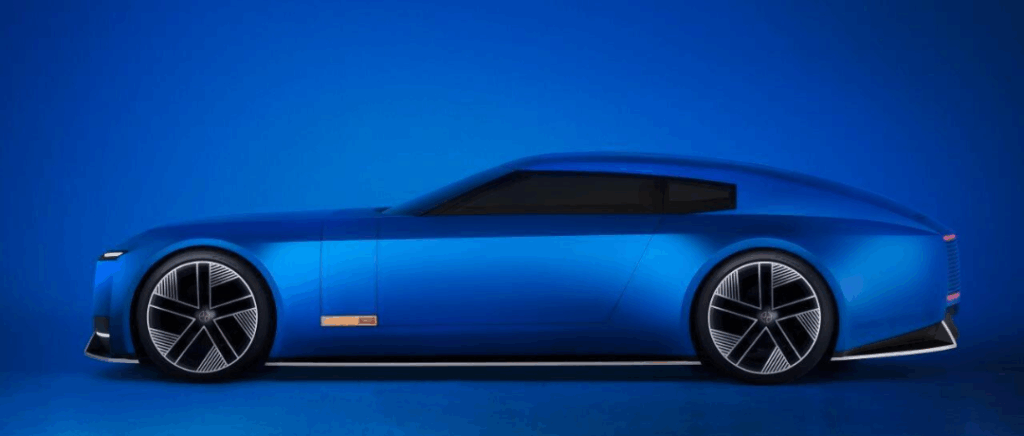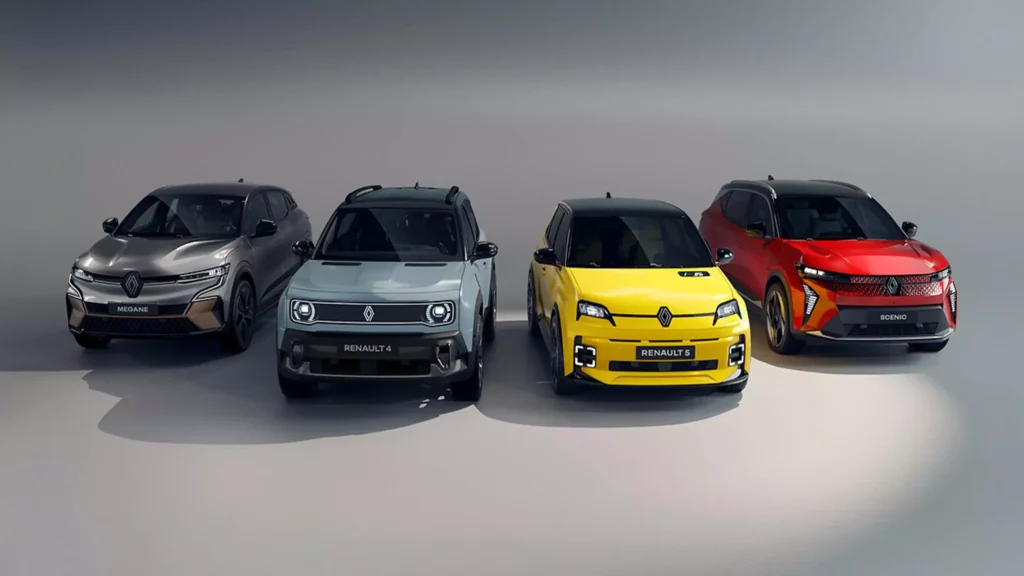Why will the ecological bonus change from 1 July 2025?
The ecological bonus, the cornerstone of France's electromobility support policy, will undergo a major change from 1 July 2025. This change comes against a backdrop of severe budgetary constraints, with the government facing a public deficit estimated at 5.1 % of GDP in 2025, and the budget for the eco-bonus almost exhausted at the start of the year.
To maintain support for the electrification of the car fleet without increasing the burden on public finances, the government has decided to carry out an in-depth reform of the scheme, particularly with regard to its tax implications and environmental taxation.
- Change of financingThe ecological bonus will no longer be financed directly by the State budget, but by energy suppliers (EDF, Engie, TotalEnergies, etc.) via the Energy Savings Certificates (EEC) mechanism.
- ObjectiveReducing the State's budgetary exposure and providing ongoing support for the purchase of electric vehicles, while encouraging energy companies to meet their regulatory obligations in terms of energy savings.
- Maintenance of aidAid for purchase will not disappear, but will become a standardised operation eligible for EWCs, along the lines of subsidies for energy-efficient home renovation.
This changeover reflects a desire to consolidate the energy transition, while adapting funding to current economic realities. Households will still be able to benefit from support, but the bill will now be paid by the energy industry.
Who will still be eligible for the environmental bonus after the reform?
From 1 July 2025, the eco-bonus is set to undergo major changes, but that doesn't mean it will disappear. The aim of the reform is to guarantee support for the electrification of the car fleet, while transferring funding from the State to energy suppliers via energy saving certificates (CEE).
This development has a direct impact on the eligibility and amount of aid, and introduces major tax changes to the system of support for the purchase of electric vehicles:
- Low- and middle-income households Priority will continue to be given to households in the lowest income deciles (up to the sixth or even eighth deciles, depending on family composition). They will be eligible for increased assistance, rising to €4,200 for the purchase of a new electric vehicle.
- Other income categories The amount available to wealthy households or those outside the low-income criteria will be lower, set at €3,100, but still subject to certain vehicle price ceilings.
- Conditions of eligibility Aid: Aid is still conditional on compliance with environmental criteria (the vehicle's carbon score) and a maximum purchase price, generally around €47,000 according to current regulations.
- Social leasing The social leasing scheme, which provided access to a new electric vehicle for as little as 100 euros a month, is to be maintained, but within a restricted framework. A quota of 50,000 vehicles will be introduced from July 2025, after which subsidies will be suspended.
Beware: the new system will now depend on the quota of CEE available, issued by energy suppliers: aid is therefore no longer guaranteed by the State and could be suspended if quotas are exhausted. It is therefore advisable to check your eligibility and the status of your envelopes regularly before making any purchases.
What will be the new ecological bonus amounts in 2025?
The government has not yet announced any official changes to the eco-bonus scale. The amounts in force since the start of the year therefore remain unchanged, subject to any subsequent budget adjustments. The ecological bonus, which is part of the environmental tax system, is reserved for private individuals who buy or lease a new electric vehicle, provided that the purchase price (including tax) does not exceed €47,000 and that the vehicle meets strict environmental criteria.
Here are the main amounts of the ecological bonus for the purchase of a new electric vehicle in 2025:
- 4 000 € for a reference tax income (RFR) per unit of less than or equal to €16,300
- 3 000 € for an RFR of between €16,301 and €26,200
- 2 000 € for an RFR of more than €26,200
An additional €1,000 applies to residents of French overseas departments, if the vehicle is driven there for at least six months after acquisition.
The ecological bonus is now strictly reserved for private individuals, with companies and the self-employed no longer entitled to it since 2024. Commercial vehicles, two-wheelers, quadricycles and electric cycles have also been excluded from the scheme since the end of 2024.
In short, the amount of the eco-bonus depends on the household's reference tax income and compliance with environmental criteria, with a ceiling of €47,000 for the price of the vehicle.
How will energy suppliers finance the ecological bonus with Energy Savings Certificates?
Until now, the ecological bonus for the purchase of electric vehicles has been funded mainly from the State budget. However, the situation is set to change from 1 July 2025: the government now intends to give energy suppliers a central role via the Energy Savings Certificates (EEC) scheme.
The aim of this change is to guarantee the continuity of the ecological bonus while reducing the public financial burden.
Principle of Energy Savings Certificates (EEC) :
Energy suppliers are legally obliged to carry out or finance energy-saving actions, which enables them to obtain valuable certificates.
New financing leverage :
From 1 July 2025, part of these CEEs can be used to support the eco-bonus, thereby broadening the funding base without relying solely on public funds.
Benefits for stakeholders and users :
- For energy suppliers :
- Fulfil part of their regulatory obligations by promoting their energy-saving initiatives.
- Reinforce their image as a player committed to the energy transition and clean mobility.
- Gain greater visibility and opportunities for partnerships with the automotive industry and public authorities.
- Fulfil part of their regulatory obligations by promoting their energy-saving initiatives.
For companies:
- To have access to a long-term support scheme for electric mobility, which encourages the development of clean vehicle fleets, thereby reducing operating costs and the environmental impact of electric vehicles.carbon footprint their activities.
- Enhance your brand image by adopting an eco-responsible approach that will be valued by customers, partners and investors.
- Benefit from a stable regulatory environment that provides incentives, making it easier to invest in sustainable mobility solutions and achieve energy savings on a larger scale.
- Be part of a collective drive to reduce CO₂ emissions, which can help them achieve their corporate social responsibility (CSR) objectives and obtain environmental certifications.
For individuals:
- Easy, long-term access to the environmental bonus, without any increase in direct taxation.
- Take advantage of a dynamic market, with an ever-expanding range of eligible electric vehicles.
To sum up, the financing of the ecological bonus by CEE is a major innovation from summer 2025, marking a key stage in the mobilisation of public and private players to accelerate the adoption of electric vehicles.
Will the eco-bonus lead to higher electricity or fuel prices?
The reform of the ecological bonus scheduled for 1 July 2025 is raising legitimate questions about its potential impact on household purchasing power, particularly via electricity and fuel prices.
From now on, the financing of aid for the purchase of electric vehicles will no longer come from the State budget, but from energy suppliers, via the energy saving certificates (CEE) mechanism.
- Shifting the burden to energy suppliers The cost of the ecological bonus will be borne by companies such as EDF, Engie and TotalEnergies, in exchange for certificates that enable them to meet their regulatory obligations to reduce energy consumption.
- Risk of repercussions on bills While the EWC mechanism has already made it possible to finance other schemes, such as energy renovation, it does not totally rule out the possibility that suppliers will pass on all or part of these costs in electricity or fuel prices, depending on competitive pressures and price regulation.
- Official stability objective The French government is showing its determination to maintain support for the energy transition without increasing the public deficit, but it remains to be seen how the energy market will react to this new financial burden, and how potential tax impacts will be managed.
- Impact on consumers to be monitored : To date, no automatic or immediate increase in tariffs has been announced, but households should remain vigilant for any future adjustments, particularly given the volatility of energy prices.
To sum up, the reform of the ecology bonus will not cause a direct rise in electricity or fuel prices when it comes into force, but it could indirectly influence prices if energy suppliers decide to pass on these new obligations to consumers. Particular attention should be paid to price trends over the coming months.
Summary of changes to the new ecological bonus formula
| Aspect | Before 1 July 2025 | From 1 July 2025 |
|---|---|---|
| Method of financing | Direct financing by the State via the public budget | Financing by energy suppliers via Energy Savings Certificates (EEC) |
| Players involved | Government (Ministry of Finance) | Energy suppliers (EDF, Engie, TotalEnergies, etc.) |
| Bonus amount | Set by the State on a sliding scale according to income | Amounts maintained, but financed via CEE, with priority given to low-income households |
| Conditions of eligibility | Environmental criteria and price ceilings | Criteria maintained, with control of available EWC quotas |
| Impact on households | State-guaranteed aid | Aid dependent on EEC quotas, and therefore potentially suspended if quotas are exhausted |
| Objectives | Direct support for the purchase of electric vehicles | Reducing the public deficit, ensuring the long-term viability of the scheme, making energy suppliers more accountable |
| Financial consequences | Financial burden entirely public | Burden transferred to energy suppliers, with the risk of this being passed on to electricity/fuel prices. |
| Complementary systems | Social leasing with extended subsidies | Social leasing maintained but limited to a quota of 50,000 vehicles |
Conclusion
In conclusion, from 1 July 2025, France's ecological bonus will undergo a major reform, transferring its funding from the State to energy suppliers via the Energy Savings Certificates (EECs). The aim of this change is to maintain support for the purchase of electric vehicles while reducing the burden on the public budget, against a backdrop of major financial constraints. The scheme will continue to be accessible mainly to low- and middle-income households, with amounts of aid adjusted according to income and compliance with strict environmental criteria. While this reform promises a more virtuous and sustainable model, it also raises questions about the possible indirect impact on electricity and fuel prices, encouraging consumers to keep a close eye on price changes.
Do you want to go electric? Beev can help you make the transition to greener, more sustainable mobility. Whether you're an individual looking for a installation of home charging points or a professional requiring installation of recharging points for professionalswe are simplifying theinstallation of a recharging pointby offering you tailor-made solutions to meet your specific needs. So go ahead, install a charging point and set yourself apart from the competition.
You would like toto electric?
Beev offers multi-brand 100% electric vehicles at the best prices, as well as recharging solutions.
































